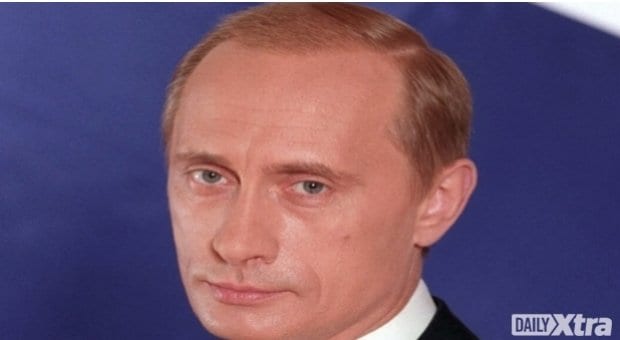With the Sochi Olympics due to start in a month, Russian President Vladimir Putin has issued a decree saying that protests during the Games will be permitted once cleared by authorities, an easing of a more restrictive order governing demonstrations issued in August 2013.
The BBC quotes a presidential spokesperson as saying that municipal, regional and federal authorities must sign off on any public gatherings or protests before they can take place. The number of people allowed to participate in protests will also be restricted, France24 says, adding that an area will be designated for such activities.
Thomas Bach, president of the International Olympic Committee (IOC), says the Games body welcomes the announcement, the Los Angeles Times reports.
Last year, Russian government newspaper Rossiyskaya Gazeta published a decree signed by Putin that prohibited “gatherings, rallies, demonstrations, marches and pickets” that are not part of the Sochi Olympics and Paralympics, from Jan 7 to March 21. That decree came in the wake of indications that athletes were willing to use the forum of athletic competitions to take a stand against Russia’s anti-gay laws. Both American middle distance runner Nick Symmonds and Swedish high jumper Emma Green Tregaro leveraged the spotlight on the World Athletics Championships held in Russia last year to do just that.
Around the same time, the IOC said it would penalize athletes who make political statements at the Sochi Games, citing Rule 50 of its charter that says such demonstrations are not permitted in any Olympic sites, venues or other areas. Violations of the rule could lead to “disqualification or withdrawal of the accreditation of the person concerned.”
More recently, Bach reiterated the Olympic body’s stance that athletes should not court controversy at the Games by participating in protests or making political statements.
In the last few weeks, Russian authorities have released members of the Pussy Riot band, businessman Mikhail Khodorkovsky and Greenpeace activists in what many observers see as a bid by Putin to offset ongoing criticism about the country’s deteriorating civil liberties.


 Why you can trust Xtra
Why you can trust Xtra


